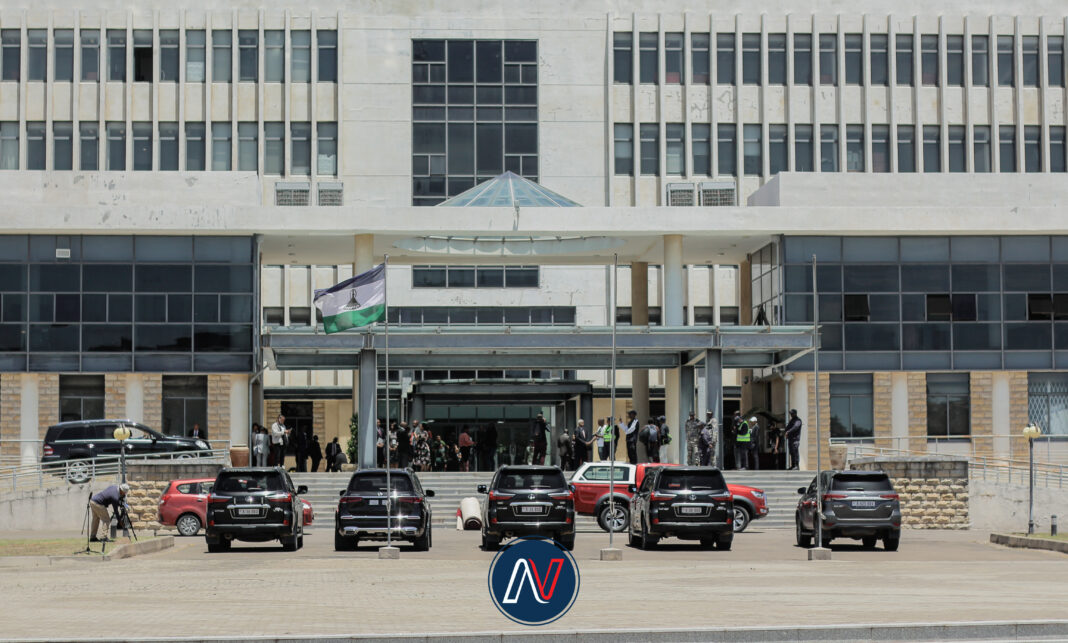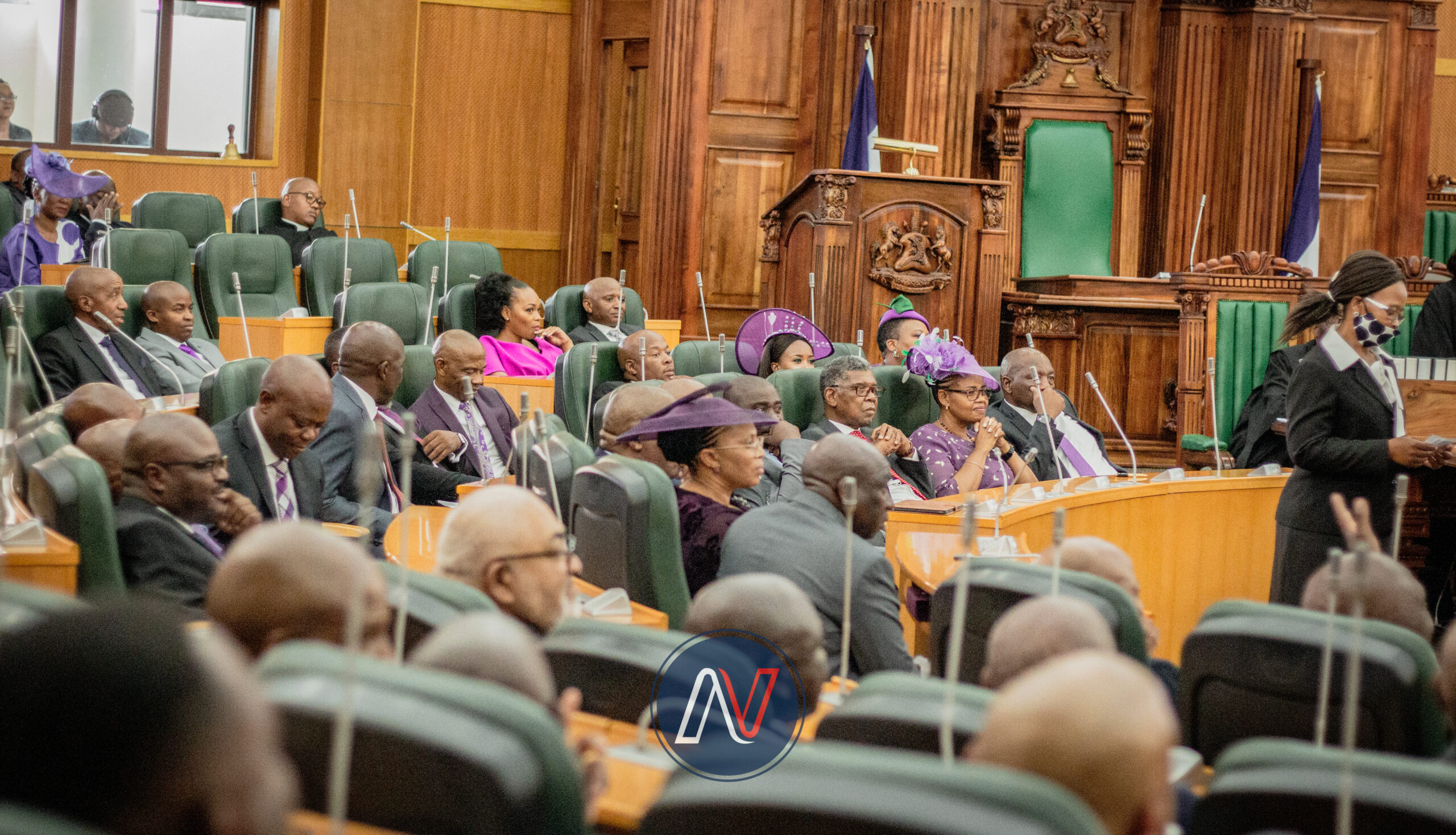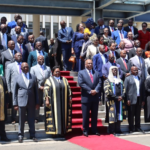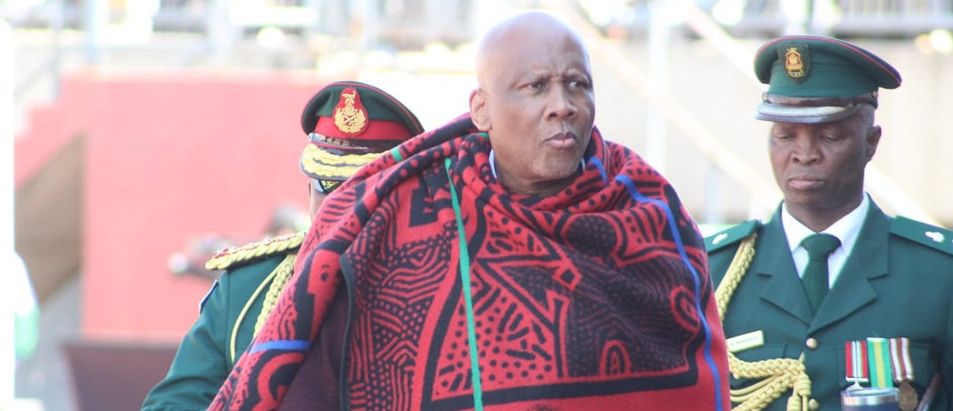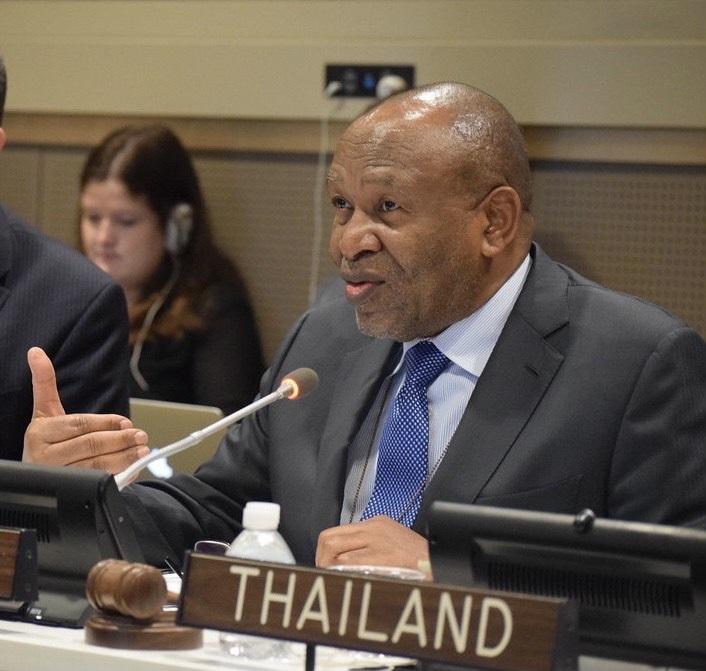Motsamai Mokotjo
As Lesotho prepares for the opening of the National Assembly next Friday under Standing Order No. 14(2), the nation finds itself at a critical juncture.
Prime Minister Sam Matekane has embarked on a charm offensive, asserting the stability of his government, while opposition parties remain resolute in their pursuit of toppling him.
However, amidst these political squabbles, it is imperative to examine their broader implications, particularly within the context of the National Reforms, the country’s international partnerships, notably with the Southern African Development Community (SADC), and the ultimate beneficiaries – the ordinary Basotho citizens.
Lesotho’s quest for political reform is not a recent development. It traces its origins to the years 2013-2014 when then Deputy Prime Minister Mothejoa Metsing and Members of Parliament (MPs) embarked on a study tour to New Zealand.
Their objective was to gain valuable insights into the successful operation of coalition governments, a journey that marked the initial steps towards recognising the pressing need for political reform within the country.
Recognising the importance of reform in Lesotho, international actors have played a significant role. The Commonwealth, for instance, went beyond diplomatic statements by sending an envoy, Dr. Rajan Prasad, to engage with the nation.
This international engagement highlighted the global community’s concern for Lesotho’s political challenges and the necessity for change.
Subsequently, the establishment of the SADC Commission of Inquiry represented a significant turning point. While one of its primary mandates was to investigate the tragic death of Lieutenant General Maaparanakoe Mahao, the commission’s role extended far beyond this tragedy.
It was tasked with recommending reforms in critical sectors, including security, parliament, judiciary, media, economy, and public service.
Amidst the political bickering between the opposition and the government, it is paramount to underscore the importance of prioritising the interests of ordinary Basotho citizens.
The ultimate goal should be the unfettered implementation of reforms in their purest form without alterations, ensuring that the benefits of these reforms are fully realised by those they intend to serve.
Despite the unanimous recognition of the need for reform, Lesotho has encountered significant challenges in implementing these reforms effectively.
The tenth Parliament, with particular attention to the National Assembly, introduced substantial amendments to the original Omnibus Bill, meticulously crafted by the National Reforms Authority (NRA).
These amendments have caused further divisions and have cast a cloud of uncertainty over the reform process.
Amidst the ongoing political turbulence, it is disheartening to witness government officials and Members of Parliament embroiled in debates over the stability of the government. While political stability is undoubtedly a critical factor, it should not overshadow the primary objective of advancing comprehensive reform.
The government and opposition should collaboratively work towards ensuring the interests of the citizens are safeguarded and that the reforms progress as initially envisioned.
The country’s international partners, especially the SADC, have a vested interest in seeing the nation achieve political stability and successful reforms. A stable Lesotho not only benefits its citizens but also contributes to regional peace and stability in southern Africa. Therefore, it is essential for international partners to continue their unwavering support and cooperation with Lesotho on its reform journey.
The reforms recommended by the SADC Commission of Inquiry encompass various critical areas. A reformed security sector, for instance, can play a pivotal role in ensuring the nation’s armed forces are accountable and serve the interests of the people.
Similarly, the reform of parliament, judiciary, media, economy, and public service can enhance governance, promote transparency, and drive efficiency in these sectors.
The Kingdom’s ongoing political struggles, marked by power struggles between the government and opposition, must not eclipse the critical reform process that the nation embarked upon, supported by international partners like the SADC and the Commonwealth. It is imperative that the interests of ordinary Basotho citizens are at the forefront of these discussions, and that the comprehensive reforms are implemented without delay.
The journey towards political stability and successful reform may be fraught with challenges, but it is a path that Lesotho must tread for the well-being of its citizens and the broader region. International support and collaboration remain indispensable in ensuring that Lesotho emerges from this period of turmoil as a more stable and prosperous nation.
The country’s leadership must find a way to strike the right balance between stability and reform, always keeping the ultimate beneficiaries – the ordinary Basotho – in mind as they chart a path forward.
Summary
- Amidst these political squabbles, it is imperative to examine their broader implications, particularly within the context of the National Reforms, the country’s international partnerships, notably with the Southern African Development Community (SADC), and the ultimate beneficiaries – the ordinary Basotho citizens.
- Amidst the political bickering between the opposition and the government, it is paramount to underscore the importance of prioritising the interests of ordinary Basotho citizens.
- The Kingdom’s ongoing political struggles, marked by power struggles between the government and opposition, must not eclipse the critical reform process that the nation embarked upon, supported by international partners like the SADC and the Commonwealth.

Your Trusted Source for News and Insights in Lesotho!
At Newsday Media, we are passionate about delivering accurate, timely, and engaging news and multimedia content to our diverse audience. Founded with the vision of revolutionizing the media landscape in Lesotho, we have grown into a leading hybrid media company that blends traditional journalism with innovative digital platforms.


